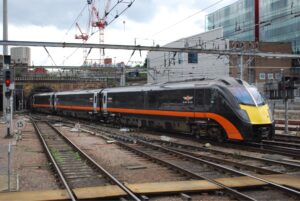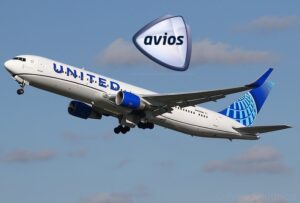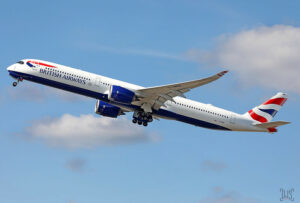Air France is closing its “difficult to understand” subsidiary Joon.

First rule when creating a new product is probably “know your market”. When Air France launched Joon in 2017 it said the airline’s name was a take on “jeune”, French for “young”. Its target base was supposed to be millennials and it seemed deliberately designed to feel like a low-cost carrier – even though it isn’t one.
There also seems little logic in which routes it operates instead of Air France. Leisure destinations like St Maarten, Netherlands Antilles and Mahe, Seychelles are mixed in with business destinations like Manchester and Tehran.
In Air France’s own words: “”Despite the many positive impacts of Joon… the brand was difficult to understand from the outset for customers, for employees, for markets and for investors. The plurality of brands in the marketplace has created much complexity and unfortunately weakened the power of the Air France brand.”
Yep, Air France, the rest of the world was all confused too. Perhaps time to get back to just taking people from A to B and concentrating on your own brand.
Cabin crew at Joon are paid about 15% less than those at the parent airline. Air France says it will reintegrate staff but it’s not clear how they will deal with the pay differential.
Also unclear is whether Joon’s fleet of 11 Airbus narrow bodies and 4 Airbus A340s will be reintegrated into the Air France fleet. Whatever happens, Joon will cease to exist by the end of 2019 so branded products, including aircraft models will become rarer.
Low-cost long-haul airlines are relatively new compared to their short haul counterparts. It remains to be seen if IAG retails LEVEL within its portfolio. Norwegian is still operating, despite rumours in the media of financial difficulties. Singapore Airlines’ low-cost brand Scoot is also still flying, with an expanding fleet of Boeing 787 Dreamliners.
Are there turbulent times ahead for these brands? Tell us your thoughts in the comments below.





